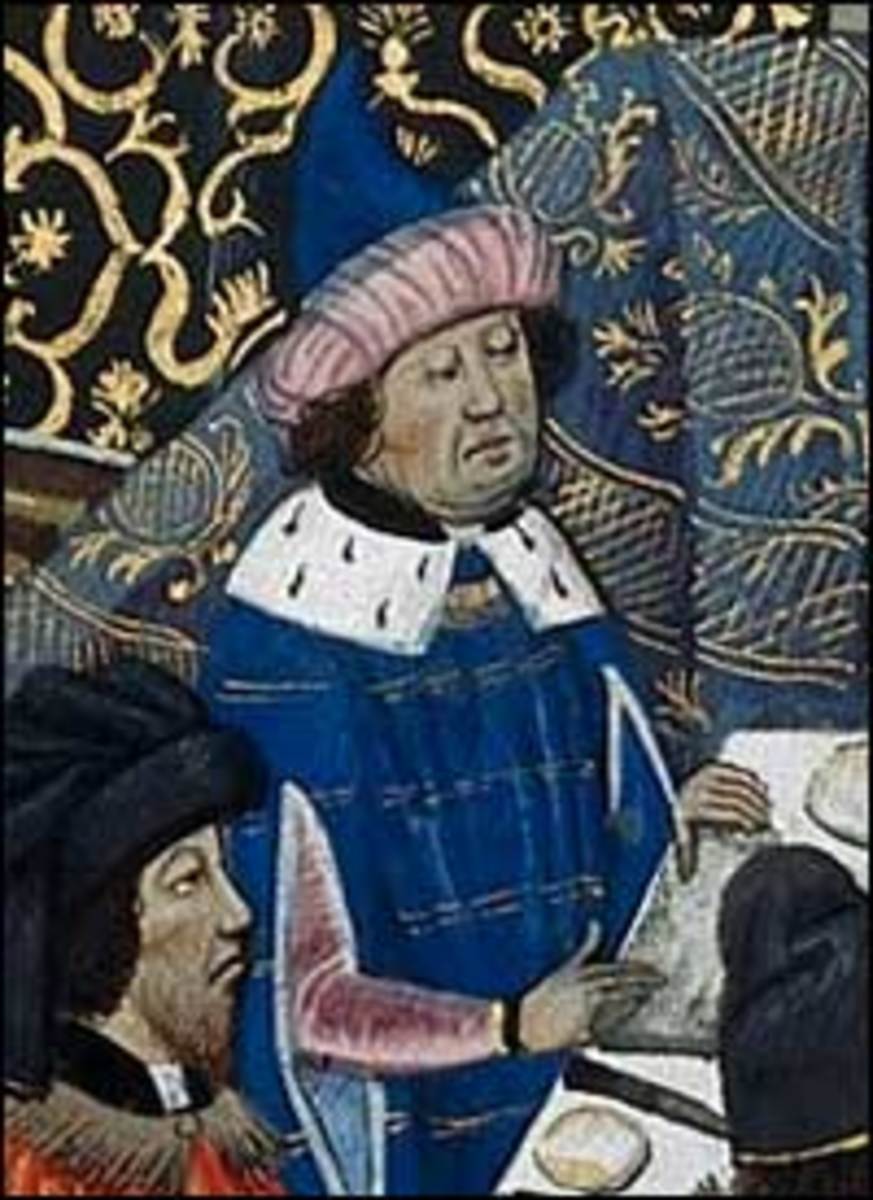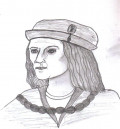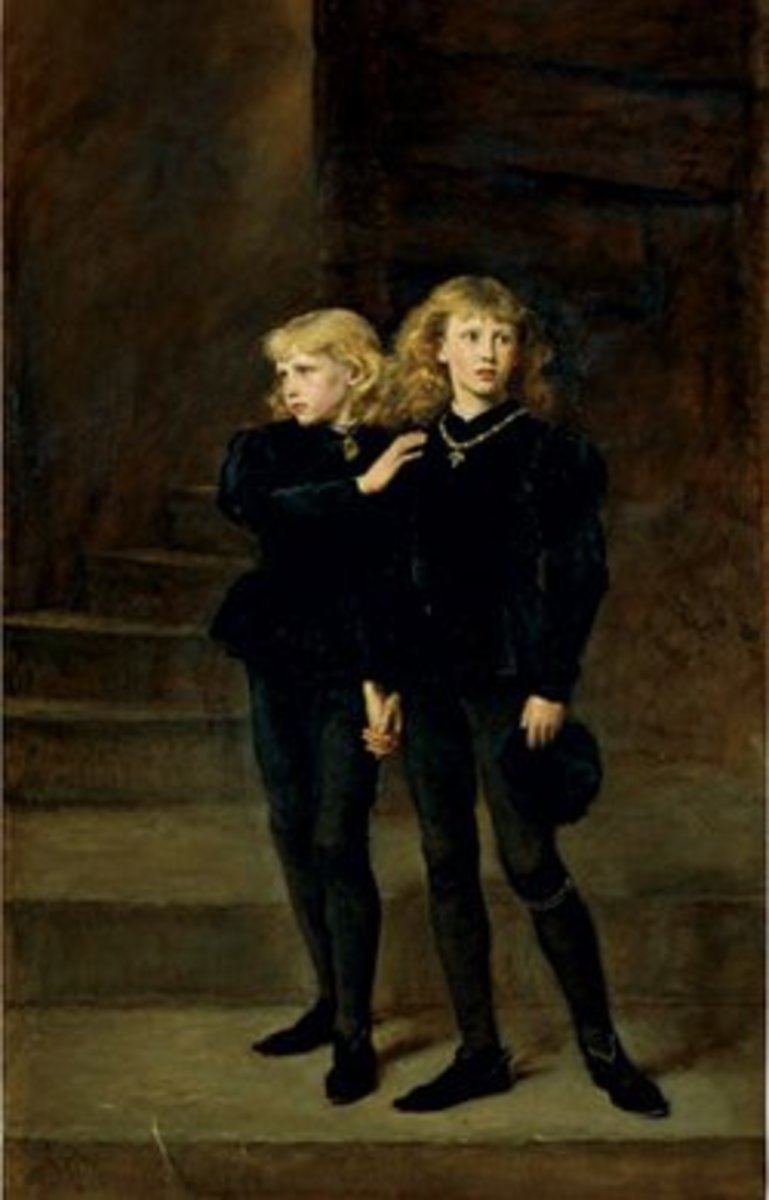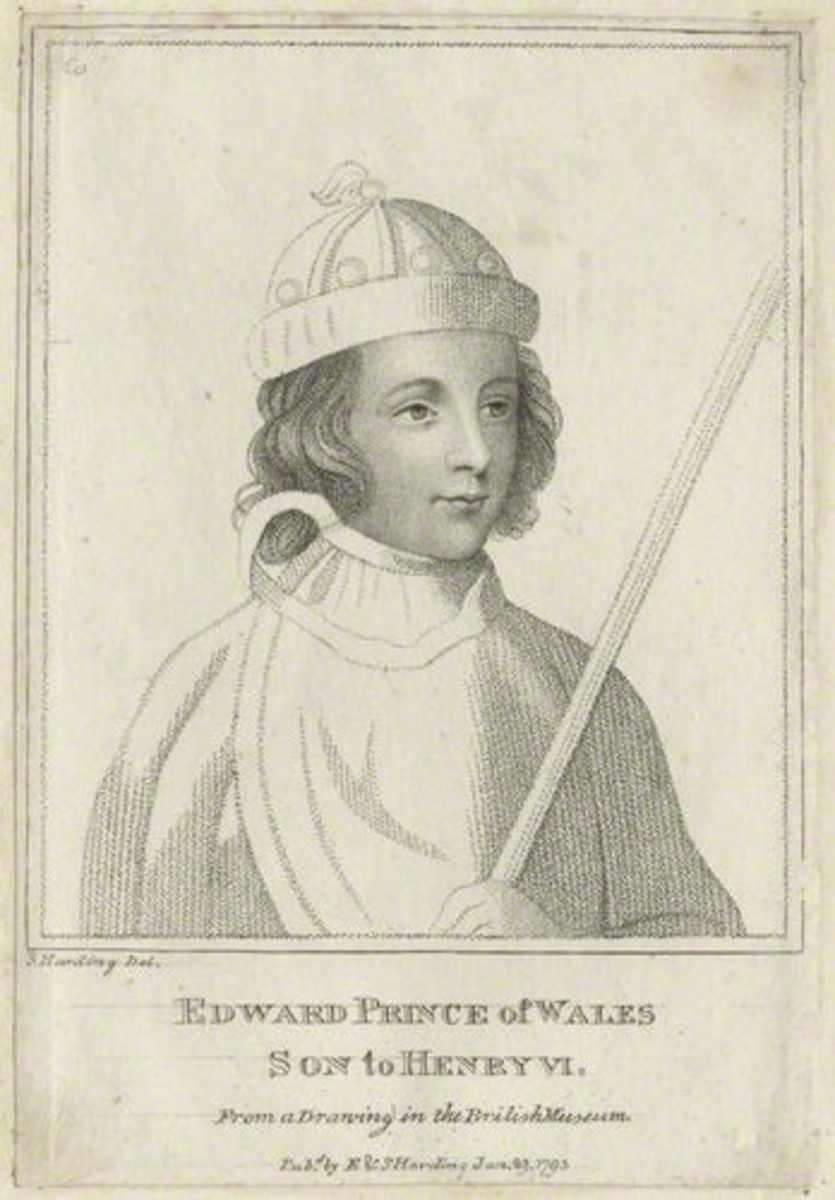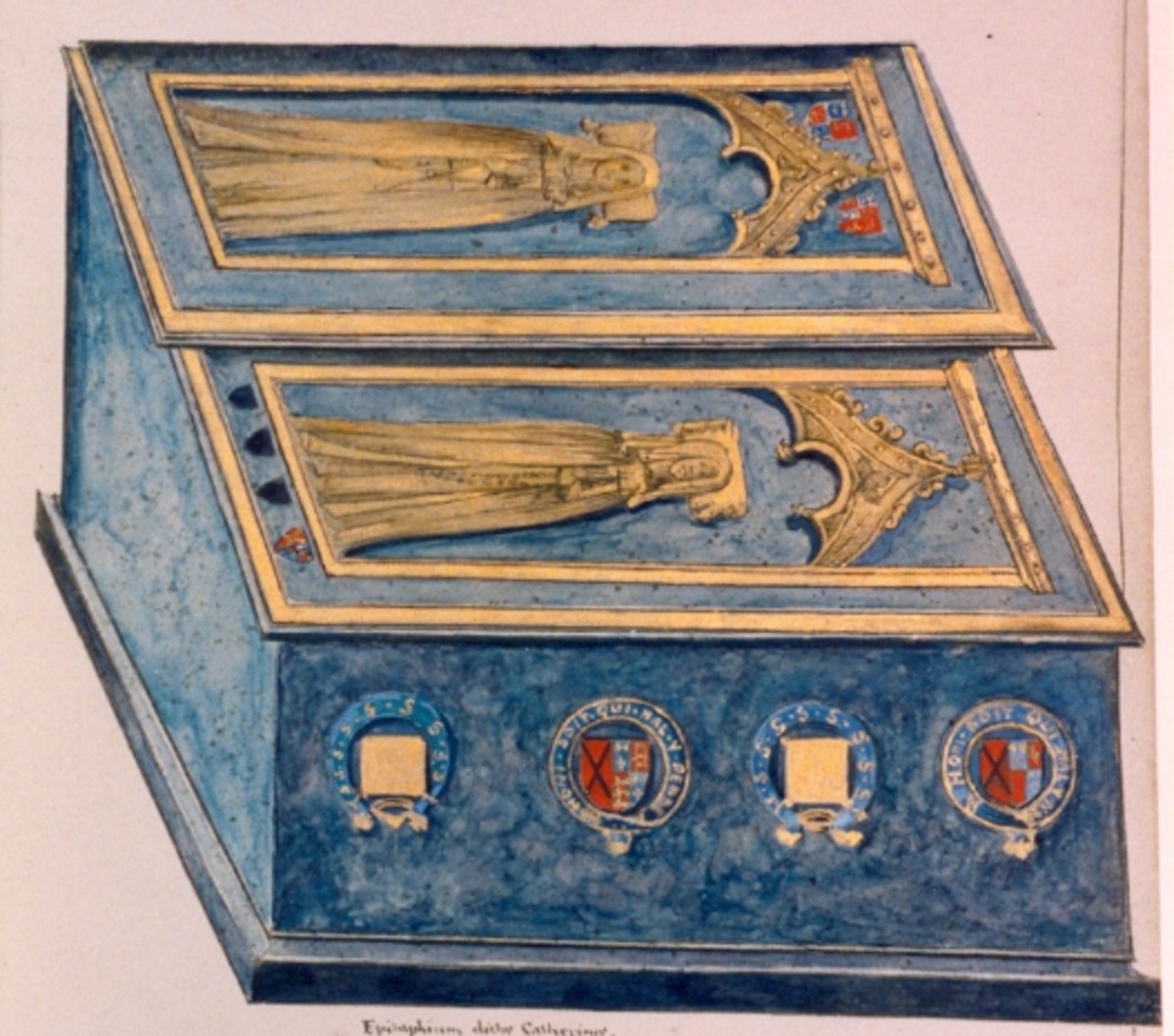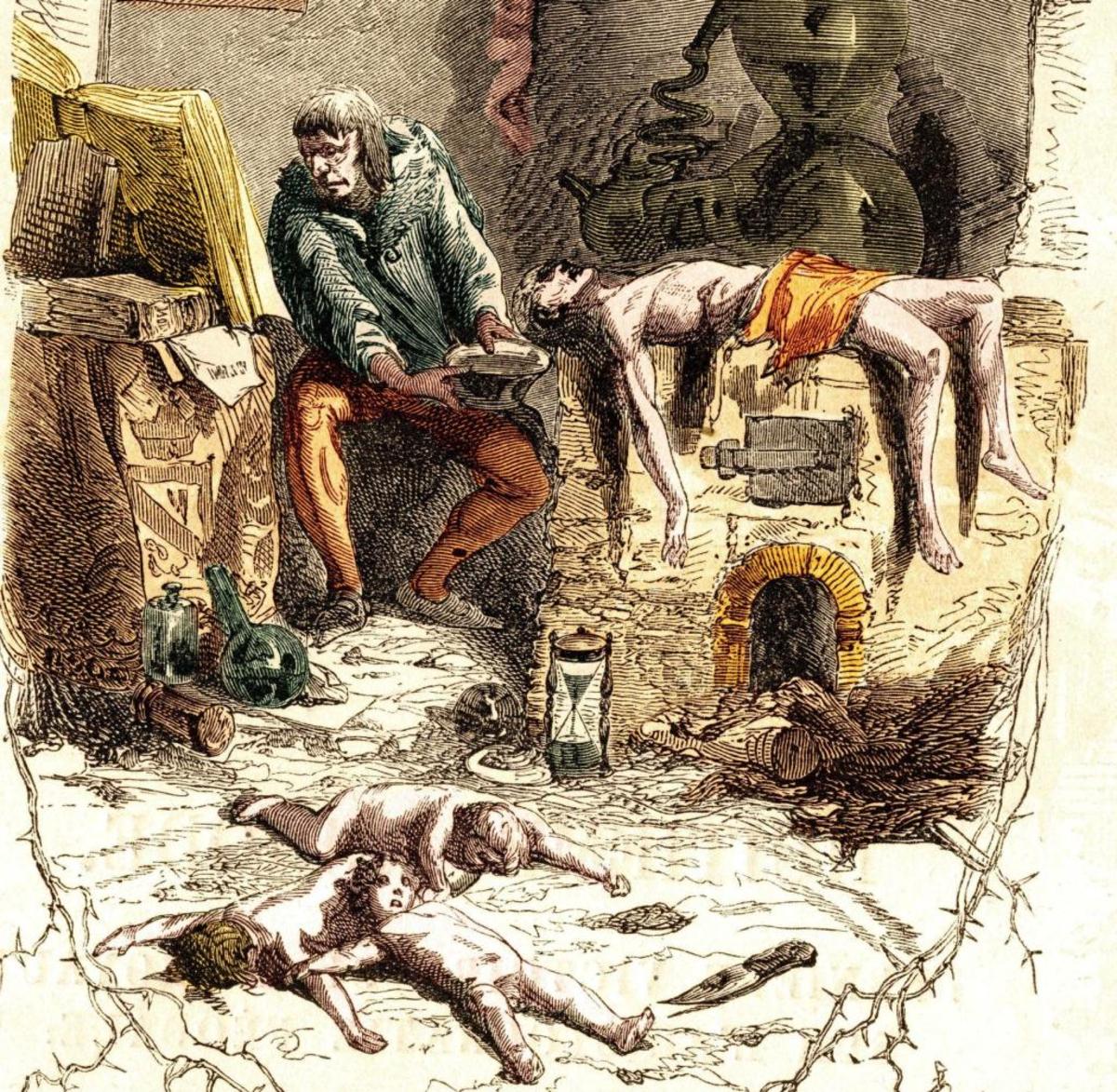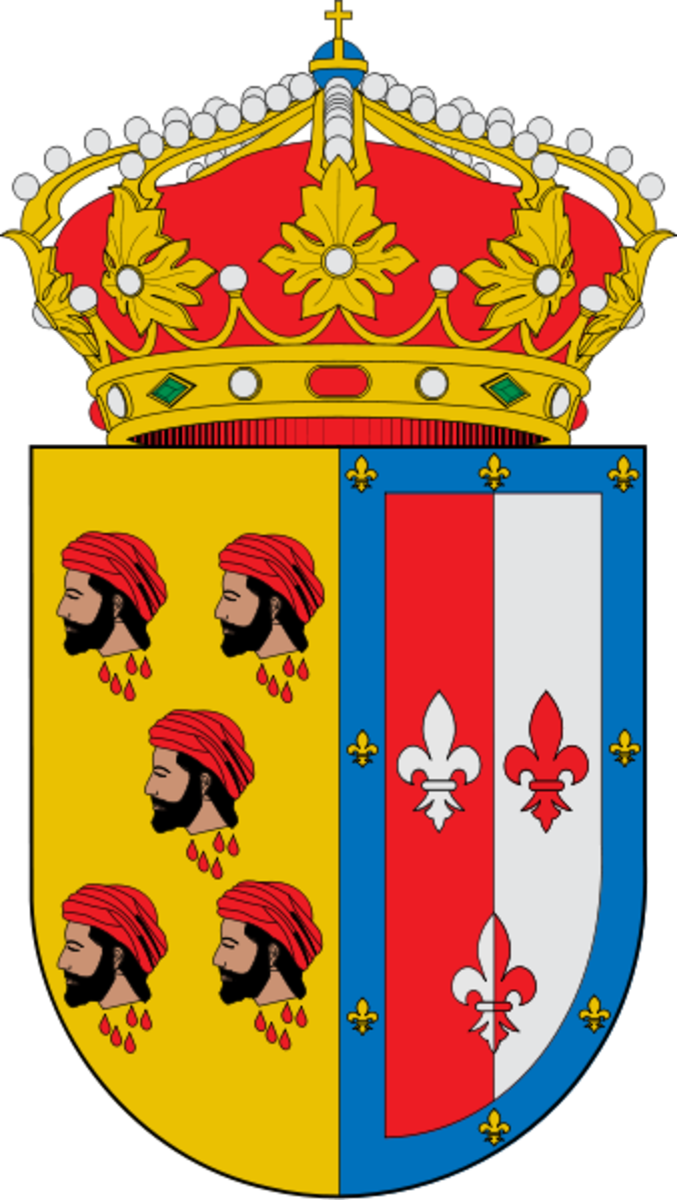Richard III Is Born: Events Leading to His Coronation
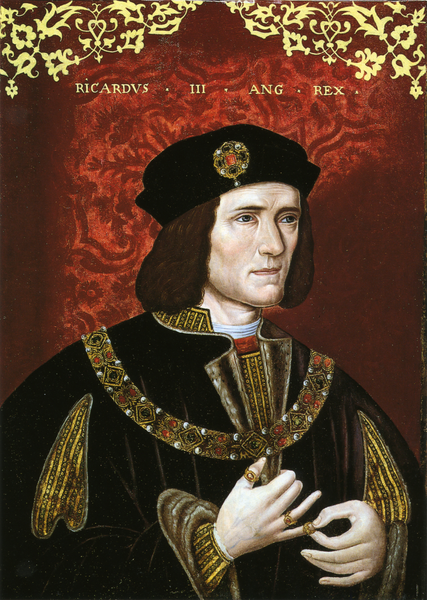
Richard III was born on October 2, 1452. Many people will have heard of him whether it is due to the story about the Princes in the Tower, his death at the Battle of Bosworth or the finding of his body under a car park in Leicester. However, do you know the real Richard Plantagenet? How did he become the King of England in 1483?
The Birth of Richard III
Richard was the youngest of four sons born to Richard, Duke of York, and Cecily Neville. He was never destined for the throne. In fact, due to Henry IV deposing Richard II in 1399, the Plantagenet line probably never thought they would get their throne back in 1452. The main battle at the time was the Hundred Years’ War with France.
Richard did have a claim to the throne though through both of his parents. However, the claim through his mother’s side was weak. Cecily Neville was the granddaughter of John of Gaunt and his mistress Katherine Swynford. While these children of John were declared legitimate by Richard II, Henry IV barred them from the line of succession. The claim through the Duke of York was much stronger. In fact, the Duke of York had a claim but he decided to put his son on the throne instead.
Most of Richard’s earlier years were surrounded in war. His father decided that it was time to put his family on the throne and, with the help of Richard Neville, Earl of Warwick, he started the War of the Roses with the first battle at St. Albans. He spent much of his younger years at Middleham Castle, where Warwick lived and raised his own daughters. There Richard met Anne Neville, who would later become his wife.
When Richard was just eight-years-old, he found himself moved to the Low Countries with one of his elder brothers, George. His other two brothers remained in England to fight for the crown. Edmund, the second oldest, died with their father at the Battle of Wakefield in 1460 but Edward won at the Battle of Towton and crowned Edward IV. The events that led to Richard becoming king began.
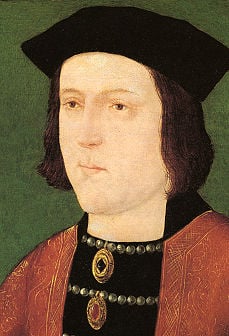
Who Do You Support at the Battle of Bosworth?
Richard III was a Supporter of Edward IV
It may not seem it knowing history but Richard was originally a supporter of his eldest brother. When George, Duke of Clarence, worked with the Earl of Warwick to try to steal the crown from Edward, Richard remained loyal and fought against him. His support throughout paid off. Richard quickly gained power. Due to the War of the Roses, Richard had gained a lot of political knowledge and was appointed the Commissioner of Array for the West Counties when he was just 11-years-old.
He wasn’t against the marriage between Edward and Elizabeth Woodville, either. It seems like he had some support for it. However, you know that Richard eventually made this marriage invalid. The reasons for that are coming up.
George did eventually join with his brothers again. It is unclear how Richard reacted to the betrayal and then the welcome home. There was possibly too much happening as Warwick was now working with Margaret of Anjou to put Henry VI back on the throne. This temporarily worked and Richard was forced back to the Low Countries with Edward. England found itself back under the rule of the House of Lancaster for about a year. In 1471, Richard returned with his brother and met with Margaret of Anjou’s army at the Battle of Tewkesbury. They defeated the army and Edward was back on the throne.
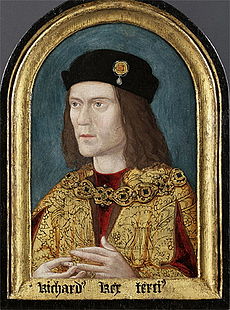
Richard III Marries Anne Neville
Richard Plantagenet, Duke of Gloucester, had always been friends with Anne Neville. They grew up together and played together as children and it is possible that there were feelings of love between them. However, Anne was sent to France with her father and married Edward, Prince of Wales, the Lancastrian heir. At the Battle of Tewkesbury, Edward was killed and Anne found herself a widow; and more importantly a traitor.
Anne was sent to live in the Tower of London. Edward IV needed to make sure she was not carrying his enemy’s child; another Lancastrian heir. When it was clear she wasn’t, she went sent to live with her sister, Isabel, who had married George Plantagenet. George wanted the Warwick lands and estates, so would use this to his advantage. Anne knew this but didn’t want it to happen. She wanted to marry again but George wouldn’t allow it. She turned to the one person she could trust: Richard.
Richard met with Anne and helped her get to sanctuary. He sought permission from both his brothers to marry her. George obviously didn’t want this to happen; Richard would then get Anne’s share of her wealth. There was a prenuptial agreement drawn so that George would keep the majority of the lands. George agreed but it was clearly from pressure from Edward. A papal dispensation was gained too, considering Anne’s new connection to the family after her marriage to Richard’s second cousin, Edward of Lancaster. The two married on July 12, 1472.
However, Richard went one step further and invited Anne and Isabel’s mother to stay with him at Middleham; where the newly married couple would reside. Edward IV agreed to this, knowing that Anne de Beauchamp would remain under his brother’s watchful eye. That led to Anne’s mother signing a document that passed all her lands and titles to her daughters, as though she was dead. Edward IV enforced this as a way to make both brothers happy. It didn’t work! George was angry at losing out on so much.
George Plantagenet went on a downward spiral from there, which ended with his execution. Was Richard happy about that—not at all, this was his brother! It is possible that he tried to work with Edward to find another outcome instead of their brother dying a traitor. However, it is clear that Edward had had enough of George’s actions. He had already betrayed the family once by trying to usurp the crown. Edward expected loyalty, especially from his brothers.
Fact or Fiction: Richard III
Richard III and the Princes in the Tower
In 1483, Edward IV died suddenly. It wasn’t expected and it left 12-year-old Edward V as King of England. Richard was placed as Protector and Regent and Elizabeth Woodville agreed to work with him. This is when everything seems to go downhill. Could it be that Richard suddenly snapped with power or was there someone in the background (Anne Neville maybe) pulling the strings. Whatever the reason, Richard rode to Ludlow Castle, where his nephew was residing, and took the boy. He placed the boy’s protectors, Anthony Woodville and Richard Grey, under arrest—they were eventually executed for treason—and placed Edward V in the Tower of London “for his own protection”.
It is possible that Richard did want to protect the king. There were preparations made for his coronation so it does seem like there was someone else pulling the strings. However, Elizabeth Woodville started to feel uneasy and moved herself and her remaining children into sanctuary at Westminster Abbey. Eventually, Richard convinced her to let her other son, Richard, Duke of Shrewsbury, out to stay in the Tower with Edward. By June 1483, the two boys went missing, presumed dead, and Edward IV's marriage to Elizabeth Woodville was declared invalid, making his children illegitimate and unable to inherit the crown. Richard was the only living son of Richard, Duke of York, and Cecily Neville and crowned himself King of England with Anne at his side as his consort.
Those are just the events that led to his coronation in June 1483. He reigned as King of England for a little over two years but his crown was forcibly taken at the Battle of Bosworth on August 22, 1485. Within those two years there were many events and tales to tell!



